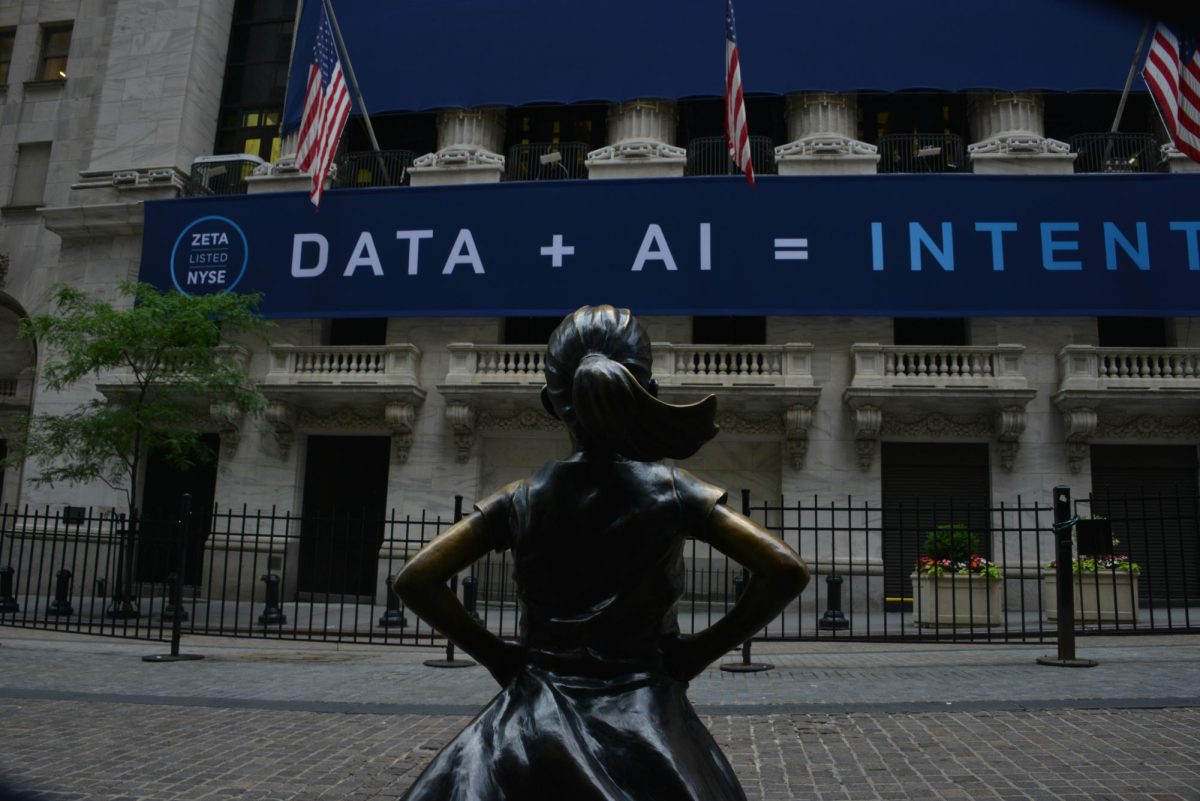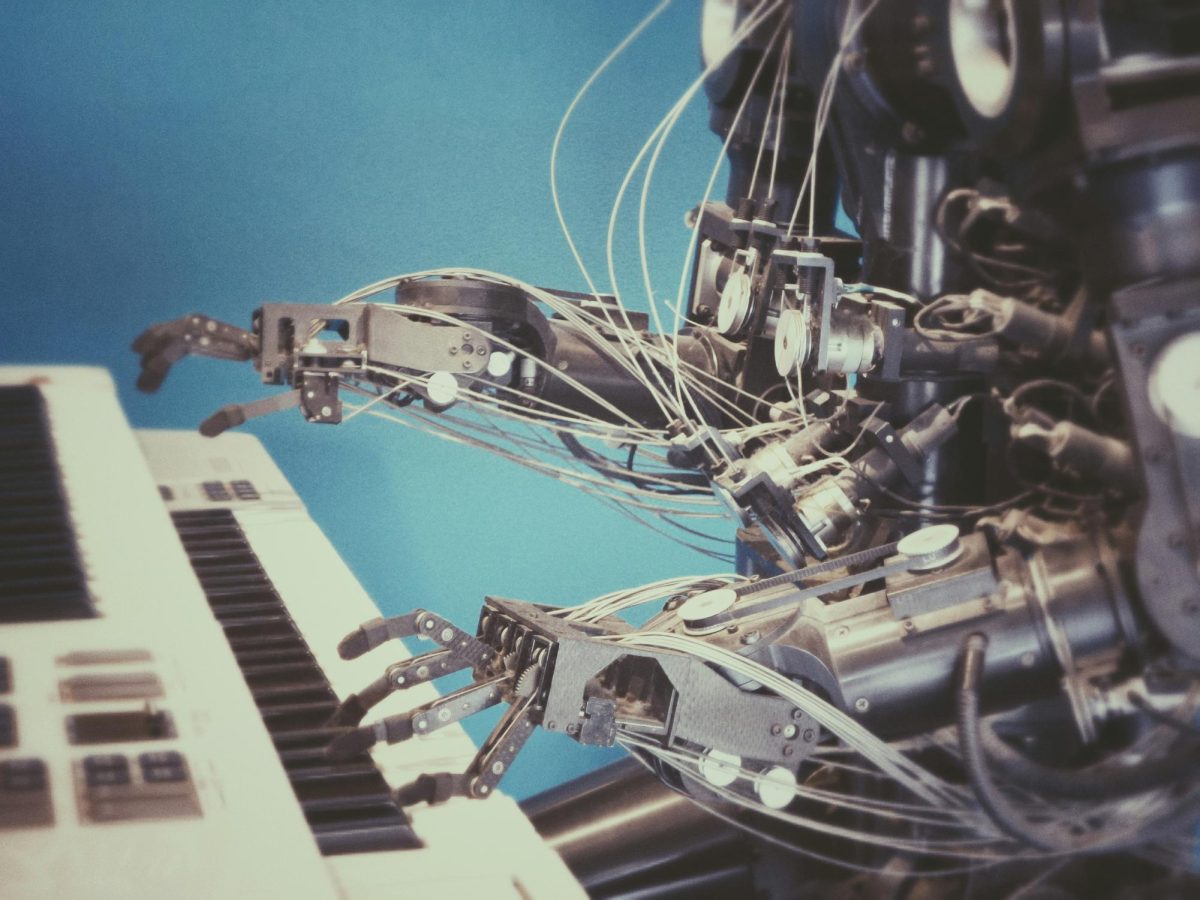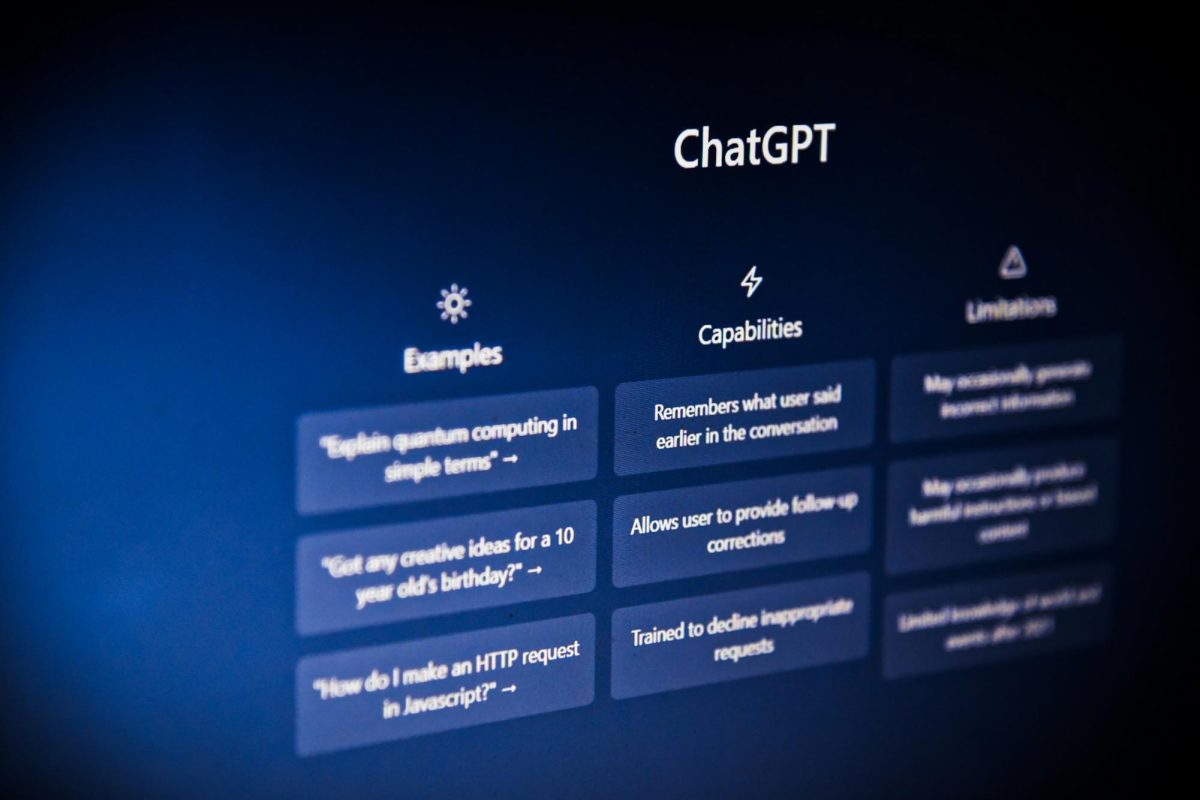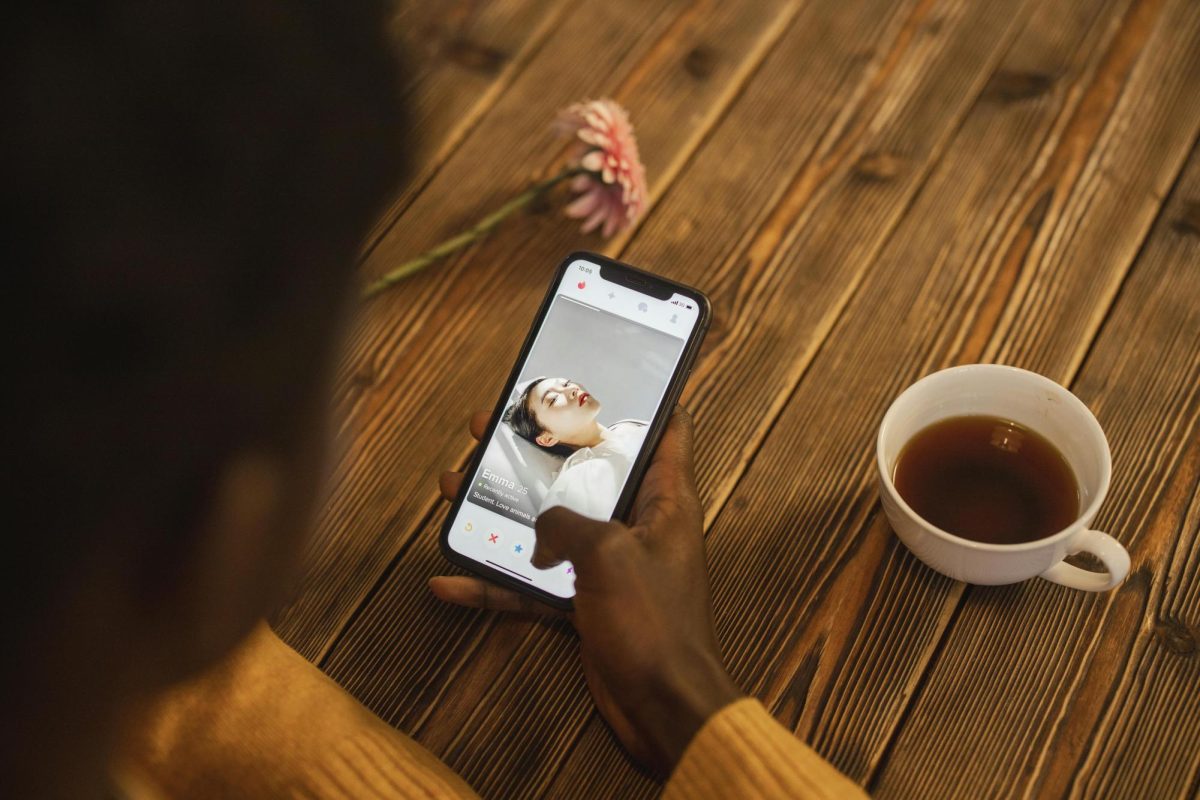This article expresses the views of its author(s), separate from those of this publication. Readers are encouraged to comment or submit a Letter to the Editor to share their opinions. To submit a Letter to the Editor, follow the instructions here.
Recently, I have noticed a resurgence of the phrase, “If it’s free, you’re the product,” and it has me thinking about data security at a time when tech companies have growing incentives to collect consumer data.
Personal data security has long been a key concern as technology and the internet continue to expand. More and more, people give up sensitive information to companies through “free” online services, such as AI chatbots and social media platforms.
In response to growing data privacy concerns, some turn to the phrase, “If it’s free, you’re the product,” along with other variations. The phrase originally came from Richard Serra in 1973, an artist who was commenting on the television industry.
Now, the term has taken on a new life in the 21st century.
Whether it is social media companies using user data to fuel online ads or Google and YouTube allegedly collecting child user data without parental consent, it is not hard to find cases where this adage rings true.
I think what is most striking to me about the resurgence of this term is it feels like people are more willing than ever to fork over their personal information.
The recent Studio Ghibli trend of AI-generated photos exemplifies this issue for me.
Studio Ghibli Trend
Recently, people have been uploading images of themselves or their families to ChatGPT so the AI model can generate fun pictures in various art styles.
With AI Studio Ghibli-style photos taking over the internet, people need to remember that not much good in life is actually free.
In fact, OpenAI is practically burning money to keep ChatGPT online and develop new models.
Despite a recent $300 billion post-money valuation and the company charging $200 a month for ChatGPT Pro, OpenAI is still projected to lose billions.
How does it benefit them to let college students use their product to write essays or to help people create cute animations?
It benefits them because you may be helping them build their product.
Critics of OpenAI say that the company will use uploaded photos to ChatGPT to train future models. A company spokesperson claims that they have no intention of using private users’ data in training, but again, one does have to wonder what they get in return if there is no money.
Before uploading sensitive data to AIs or willingly giving social media platforms more of your personal data, consider if the service you receive is worth the data you are giving away.
___
For more information or news tips, or if you see an error in this story or have any compliments or concerns, contact editor@unfspinnaker.com.













